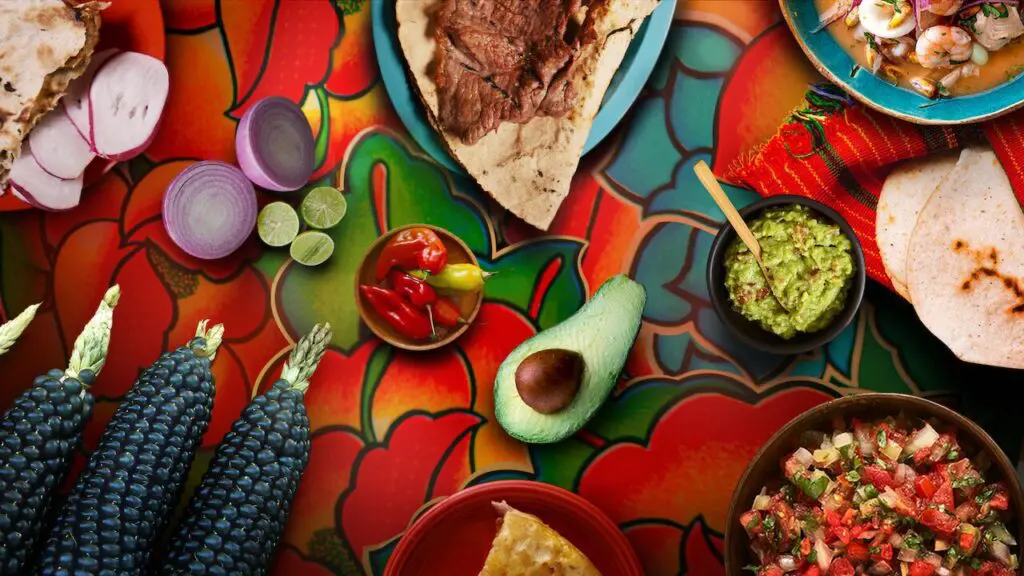Summary
From Salvador, Brazil to La Paz, Bolivia, this documentary series gets it. It understands the importance of the story behind street food.
Netflix’s Street Food: Latin America season 1 will be out on the platform on July 21, 2020. Check out our other documentary reviews.
It isn’t Netflix without the monthly dosage of a food documentary. The platform is brimming with these types of series’ and Street Food: Latin America only adds to the library. As the title suggests, the documentary zones in on street food in Latin America, and in the 6-part series, it ventures to different areas, surfacing cultures and niche areas that we wouldn’t think of visiting without recommendation. These shows raise further prevalence in today’s world as we yearn for global experiences in the rather limited society we currently find ourselves in.
Street Food: Latin America is not about food as such. The term ‘street food’ often ignites an idea that you will be visiting an obtuse place rather than a restaurant — it screams experience rather than a sit-down meal; it screams culture rather than a genre of food. I often smile wryly at shopping mall restaurants that call themselves street food. You have to smell realness when you approach these types of establishments, not wealth and a franchise.
And while my idea of what street food means could be interpreted as loudly snobbish, Netflix’s Street Food: Latin America encapsulates that idea. The Netflix documentary series is about the story. How did the person in the story end up providing food for regular locals and tourists? How did word get out about the uniqueness of that place? The journey is more important than the dishes themselves.
Street Food: Latin America season 1 is intimate and confined to the reliability of the narrative. There are plenty of stories in this series about a ‘struggle’ or a failure that led the central person to this point in their life. It highlights the importance of reputation — how the quirks of their establishments and subsequently their food has made them urban legends rather than a national phenomenon.
From Salvador, Brazil to La Paz, Bolivia, this documentary series gets it. It understands the importance of the story behind street food.




